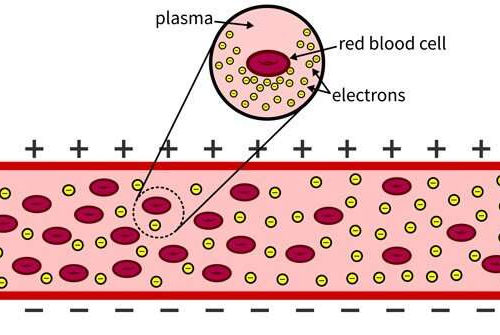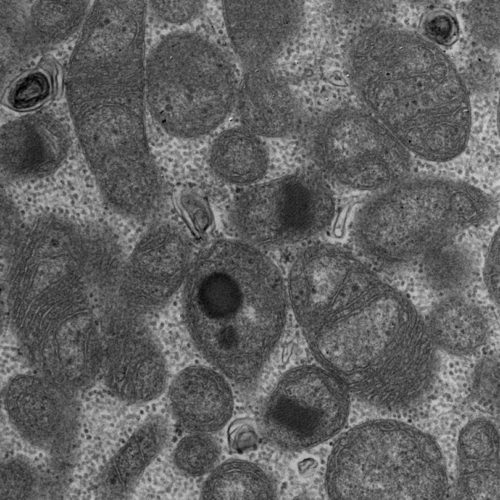by Ian Colbeck, The Conversation An estimated 28,000 to 36,000 deaths a year in the UK are attributed to long-term exposure to air pollution. Exposure to air pollution can cause a range of serious health complications, including lung cancer, heart disease and stroke. Pollution can come from a variety of sources, including wood burning fires...
Tag: <span>Blood pressure</span>
New molecule stops drug cravings in mice, with fewer side effects
by Duke University Duke University researchers have developed a synthetic molecule that selectively dampen the physiological rewards of cocaine in mice. It also may represent a new class of drugs that could be more specific with fewer side effects than current medications. In mice that were treated with the stimulant cocaine or methamphetamine, the new...
Cancer, coronavirus are a dangerous mix, new studies find
by Marilynn Marchione This electron microscope image made available and color-enhanced by the National Institute of Allergy and Infectious Diseases Integrated Research Facility in Fort Detrick, Md., shows Novel Coronavirus SARS-CoV-2 virus particles, orange, isolated from a patient. Research released on Thursday, May 28, 2020 shows how dangerous the coronavirus is for current and former...
High blood pressure during and after exercise may be markers for disease later in life
Higher blood pressure during exercise and delayed blood pressure recovery after exercise are associated with a higher risk of hypertension, preclinical and clinical cardiovascular disease and death among middle-aged to older adults. Blood pressure responses to exercise are significant markers of cardiovascular disease and mortality risk in young to middle-aged adults. However, few studies have...
NUI Galway research show blood pressure lowering reduces risk of developing dementia
Research completed in NUI Galway has shown that lowering blood pressure by taking blood pressure medications reduces the risk of developing dementia and cognitive impairment by 7%. The findings are published today in a leading international medical journal, the Journal of the American Medical Association (JAMA). Fourteen randomised controlled trials (96,158 participants) were included in...
Engineer uses mechanical resistance to detect damage to red blood cells
by Karen B. Roberts, University of Delaware According to the National Kidney Foundation, more than 37 million people are living with kidney disease. The kidneys play an important role in the body, from removing waste products to filtering the blood. For people with kidney disease, dialysis can help the body perform these essential functions when...
Enhancement of bitter taste sensor reduces salt intake and improves cardiovascular dysfunction
by Science China Press High salt intake is a well-known risk factor of hypertension and cardiovascular diseases. Reducing salt intake can significantly lower blood pressure and ameliorate target organ damage caused by hypertension. However, in the past three decades, several strategies have failed to decrease daily salt intake to an optimal level. Therefore, it is...
Vitamin B3 revitalizes energy metabolism in muscle disease
An international team of scientists, led by University of Helsinki reported that vitamin B3, niacin, has therapeutic effect in progressive muscle disease. Niacin delayed disease progression in patients with mitochondrial myopathy, a progressive disease with no previous curative treatments. Vitamin B3 forms have recently emerged as potent boosters of energy metabolism in rodents. These vitamins...
Positive health beliefs may reduce blood pressure post-stroke, especially among women
Having positive health beliefs–specifically, the perception that you can protect yourself from having another stroke–is linked to lower blood pressure among stroke survivors, especially women, according to a new study led by researchers at NYU School of Global Public Health. The findings are published in a spotlight issue on psychosocial factors in the Journal of...
Teen obesity, diabetes or high blood pressure may lead to prematurely aged arteries
by American Heart Association Teenagers who have obesity, type 2 diabetes or high blood pressure may be more likely to have signs of premature blood vessel aging compared to teens without those health conditions, according to new research published today in the Journal of the American Heart Association, an open access journal of the American...







